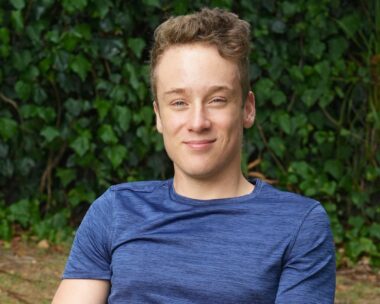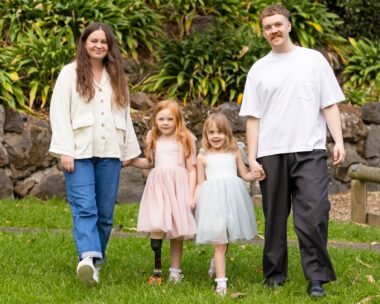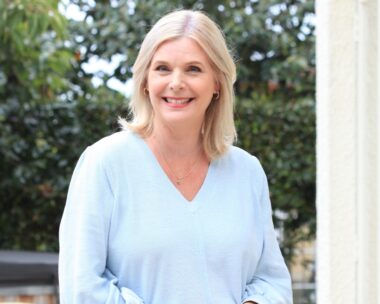Hayley Holt was in her mid-thirties when she discovered she had attention deficit hyperactivity disorder (ADHD).
At that stage in her life, the TV presenter had given up drinking alcohol – but was still having problems with her focus – and a therapist suggested she might have the disorder. Being diagnosed and medicated was a game-changer for Hayley, now 43.
“It was like night and day,” she recalls. “Suddenly I could actually concentrate on what people were saying without getting distracted.”
Although she isn’t taking medication currently, just being aware she has ADHD makes a difference. And thinking about her childhood, Hayley realises she showed some typical signs of the condition – she was often lost in her own thoughts and inattentive to the world around her – but they weren’t picked up on.
Like Hayley, many women with ADHD are unaware of it while growing up. They tend to have different symptoms. Rather than bouncing off the walls with hyperactivity like boys, girls can be dreamy and inattentive. They may be prone to zoning out, be restless and fidgety, impulsive, a bit disorganised, over-emotional and clumsy.

Julie Legg was 52 when she discovered there was a reason why she had never felt “normal”.
“I’ve always felt different,” says Julie, now 54. “Even as a child, I felt out of sync with the world around me. And as a young teen, I became more and more aware of my differences.”
So many thoughts whirled round in Julie’s head that she struggled to express them, often staying quiet instead. She describes herself as passionate, someone who loses track of time, can struggle to read a page of a book if it doesn’t interest her, then hyper-focus when she’s curious.
Julie has picked up and dropped countless hobbies, gone from job to job and never managed to make lasting friendships. Plus, she’s accident-prone, bad at small talk and if she feels trapped somewhere, she has such bad anxiety, she faints.
Discovering all of this is because her brain is wired differently was a relief, but also left Julie with questions.

“I went looking for the answers,” she says. “Once I’m passionate about a subject, there’s no stopping me, so I researched until I found them.”
Now Julie has put what she learned into a book, The Missing Piece. As well as her own journey, she shares the experiences of 30 other women with ADHD.
“A lot of people don’t realise how it affects us,” she explains. “You show one face to your work colleagues, another to your family, but no one knows what’s going on beneath it all. I wanted to lift the lid on what ADHD is really like.”
As she learned more about what it means to be neuro-divergent, Julie looked back on her own life and it made more sense. Her need to keep changing jobs, for instance.
“I’ve dabbled in screen acting, worked in the film industry, advertising and marketing. I did all of it professionally, but I’ve always been happy to move on to the next thing that came along and grabbed
my attention.”
Having ADHD isn’t totally negative, stresses Julie. It can mean that people are hugely creative, curious and original thinkers, as well as adventurous and fun. But being accepted for who you are is often a struggle.

In midlife, Julie is happy to say she has reached the point where she accepts herself. Home is on a hectare of land in Ōhaupō, rural Waikato, where she lives with her husband Jel, who has also been diagnosed as having ADHD. Between them, they have four sons who are all grown up. They have a large vege garden and chickens, and Julie blogs about their lifestyle at rediscover.co.nz. She and Jel also have a band, Older, and make music together in their own recording studio.
Julie manages all of this without medication, which means her days don’t always go according to plan. The dishes may be piling up in the sink, but she’ll go outside to feed the chickens, get distracted and start wandering round the garden, then an hour later remember there was something she meant to do. “I laugh at myself all day long,” she says.
She hopes The Missing Piece helps lighten the stigma of ADHD, and that women who read her book and recognise they have similar traits find their own way to self-acceptance.
“I’ve spent years navigating through some choppy waters and I’m getting braver,” says Julie. “I know I’m not everyone’s cup of tea, and I do see the world differently, but I feel free to be me now. I’m just delighted to fully understand myself for the first time.”
 Sacha Kahaki
Sacha Kahaki



